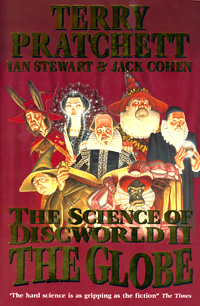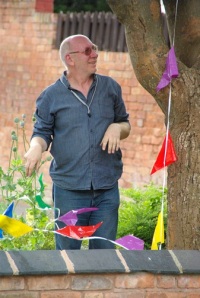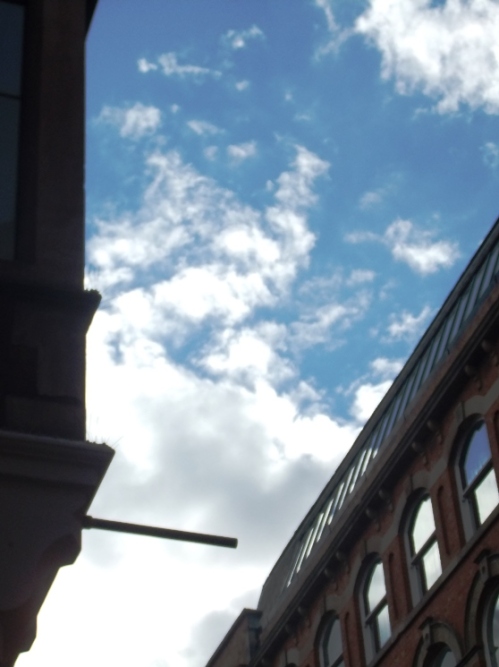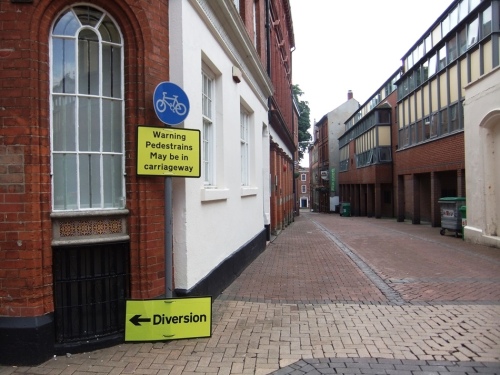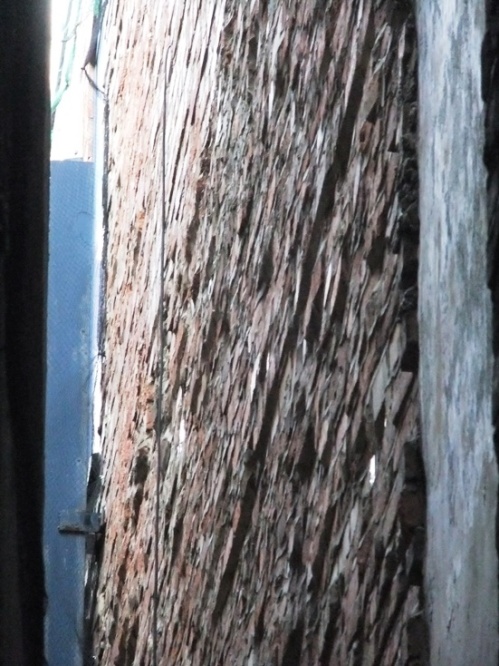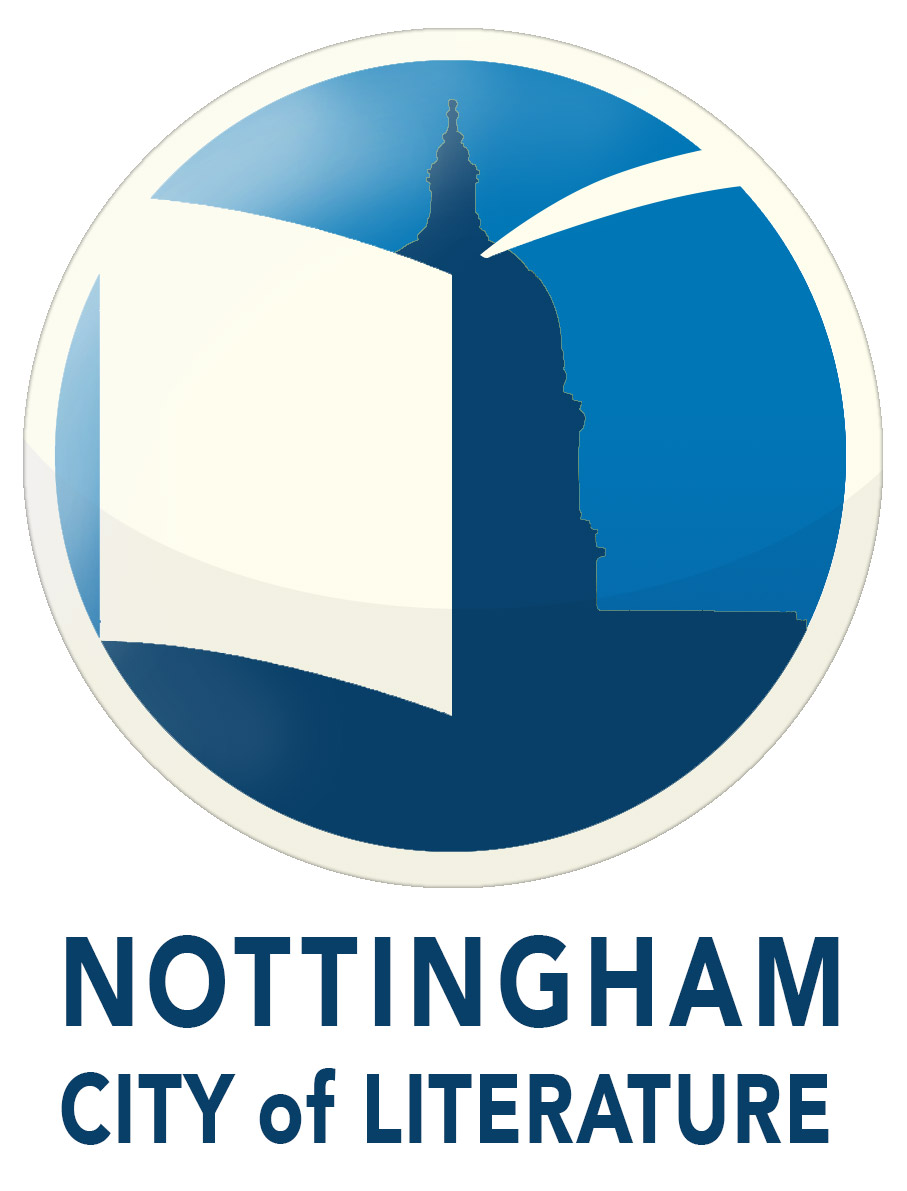 I’ve recently finished reading Elizabeth is Missing, by Emma Healey. This book won the Costa Award for best first novel, and it is certainly well-written and an enjoyable read. And, gratifyingly, she’s got the ending right. I was expecting all the way through to be disappointed by the end (which happens so much these days). Anyway. The story is about Maud, who has dementia. It’s told exclusively from her point of view, and switches between her present and her past. In the present, she is becoming increasingly confused, forgetting what she’s doing from one minute to the next, writing herself notes all the time to remind herself what’s going on (these notes are often a source of even more confusion), and trying to deal with her daughter and her carers, who are well-meaning but just don’t understand. She believes her friend Elizabeth has gone missing, and devotes a lot of time to trying to track Elizabeth down. In the past, she is about eleven years old, and her sister Sukey has gone missing. This is followed by various disturbing events, which the young Maud struggles to understand. Emma Healey weaves both strands together skilfully, never missing a beat or losing the reader, which is quite a feat for a new writer.
I’ve recently finished reading Elizabeth is Missing, by Emma Healey. This book won the Costa Award for best first novel, and it is certainly well-written and an enjoyable read. And, gratifyingly, she’s got the ending right. I was expecting all the way through to be disappointed by the end (which happens so much these days). Anyway. The story is about Maud, who has dementia. It’s told exclusively from her point of view, and switches between her present and her past. In the present, she is becoming increasingly confused, forgetting what she’s doing from one minute to the next, writing herself notes all the time to remind herself what’s going on (these notes are often a source of even more confusion), and trying to deal with her daughter and her carers, who are well-meaning but just don’t understand. She believes her friend Elizabeth has gone missing, and devotes a lot of time to trying to track Elizabeth down. In the past, she is about eleven years old, and her sister Sukey has gone missing. This is followed by various disturbing events, which the young Maud struggles to understand. Emma Healey weaves both strands together skilfully, never missing a beat or losing the reader, which is quite a feat for a new writer.
The book made me think (as most books do…). I’m already scared of losing my memories – I always have been. It’s why I take photos of so many things – I don’t want to lose the images. It’s why I’m ambivalent about going to the theatre – unlike films, you can’t get the DVD. Once the final curtain comes down, it’s all gone. Try as I might, I can’t recall all the details, all the wonderful moments which I desperately wanted to hang on to. It’s why I buy books rather than going to the library. When I was a kid living in a TV-less house, I visited the library at least once a week and always took out at least my allotted six books. I read some favourites over and over again, and since then I’ve gradually stocked my bookshelves with as many of those favourites as I can find. I’m desperate to get hold of the astronaut series of books by Hugh Walters, but they’re only available at ridiculously high prices… My bookshelves are my memories.
So much of our memories are external these days. We keep diaries (electronic or paper) – I used to hold all my appointments and events in my mind, now they’re scribbled in pencil in a Moleskine diary. We keep phone numbers and addresses on our mobile phones – I used to be able to remember all my friends’ and relations’ contact info, now I don’t even have to try, because the act of writing an address or phoning someone is simply selecting an entry on a list rather than actually typing or writing the number or address. I make notes of every single meeting I have, because I know I’ll forget not just details, but often important big-picture stuff. It worries me and scares me… if I lose my diary or my notebook or my phone, what will happen to my life? Will I become like someone with dementia, who just can’t remember any of the essential details of how to live, or even how to find those details out?
In the meantime I’ll just get on with everything as normal, and hope for the best.
